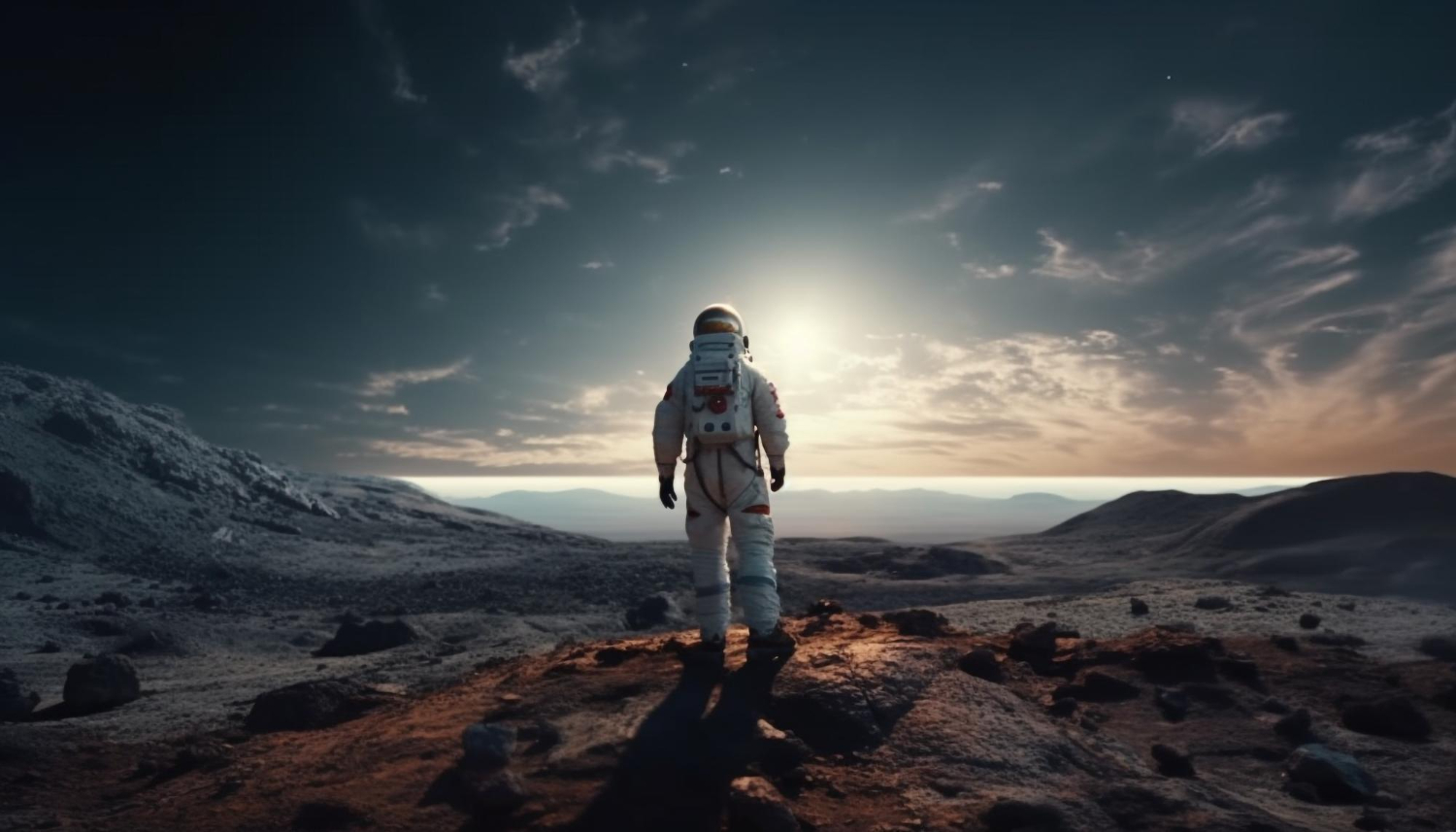Space exploration has been an endeavor that has captivated human imagination for decades. In this context, Mars, the closest planetary neighbor to Earth, has emerged as an ambitious target for establishing human colonies. The desire to expand our presence beyond our home planet has led to the consideration of Mars as a viable destination for colonization. This article will address the scientific and exploratory importance of placing human colonies on Mars, highlighting the main drivers behind this bold undertaking.
The Search for Cosmic Answers:
Mars, with its unique geological history and atmospheric conditions, offers scientists an unprecedented opportunity to unravel the mysteries of the solar system. Robotic exploration of Mars, carried out through probes and rovers, has revealed a series of features indicating the past presence of liquid water on its surface. This evidence suggests that Mars may have once hosted conditions suitable for life. Establishing human colonies on Mars would allow scientists to study in-depth the traces of water and search for signs of past or present life.
Humanity as an Intergalactic Explorer:
Since the dawn of civilization, exploration has been a constant in the human spirit. Establishing colonies on Mars would mark a monumental milestone in our ability to explore and colonize worlds beyond our home planet. This endeavor would not only expand humanity’s horizons but also provide a unique laboratory to test advanced survival and sustainability technologies in a planetary environment.
Advancing Towards Interplanetary Survival:
Colonizing Mars is not just about exploration and discovery, but also about ensuring humanity’s long-term survival. In the event of global disasters on Earth, the existence of colonies on Mars could act as a life insurance policy for our species. Diversifying the human population across multiple planets would significantly reduce the risk of total extinction in the event of catastrophic events on our home planet.
The Main Drivers of Mars Colonization:
Several organizations and prominent figures are actively driving the idea of colonizing Mars. One of the most notable initiatives is SpaceX, founded by Elon Musk. SpaceX has proposed the development of the Interplanetary Transport System (ITS), a large-capacity spacecraft designed to transport people to Mars and establish a self-sustaining colony. Musk’s bold vision is to make Mars habitable for a million people in the future.
NASA is also involved in Mars exploration through its Artemis program and its goal of returning to the Moon before advancing to Mars. The space agency has carried out successful missions to Mars with rovers such as Curiosity and Perseverance and is considering human missions in the future.
Conclusion: A Pivotal Step for Humanity:
In summary, the scientific and exploratory importance of establishing human colonies on Mars is undeniable. Mars represents a unique opportunity to study the geological history and the possibility of life on another planet. Additionally, the colonization of Mars aligns with the human spirit of exploration and the quest to ensure interplanetary survival. The main drivers of this endeavor, such as SpaceX and NASA, are paving the way for a future where humans can transcend Earth’s limitations and extend their presence to new cosmic horizons. The establishment of human colonies on Mars would undoubtedly be a pivotal step in humanity’s evolution as explorers and settlers.ra intergaláctica.





0 Comments